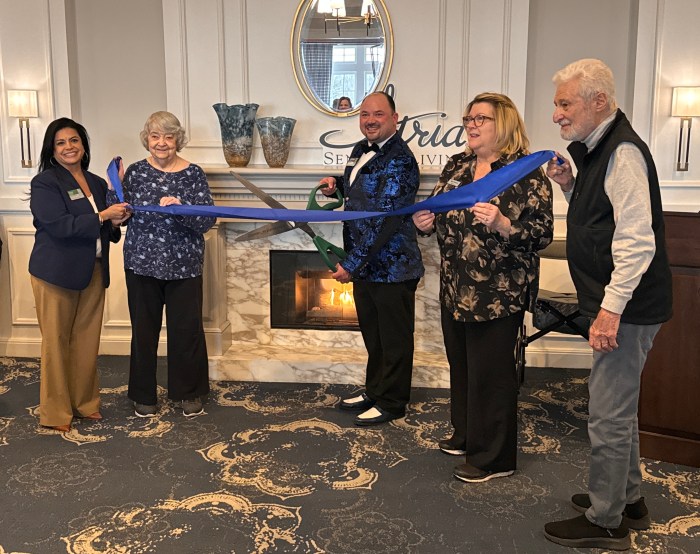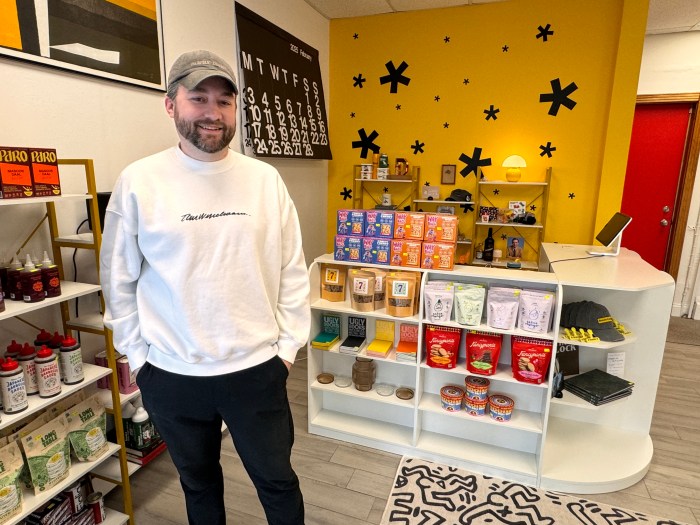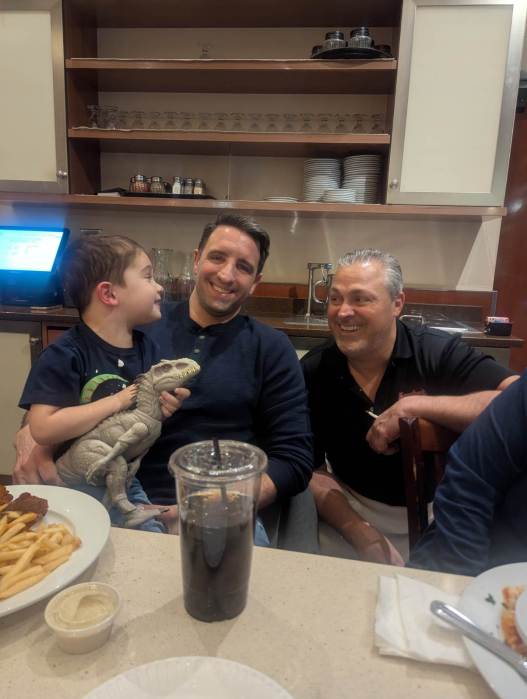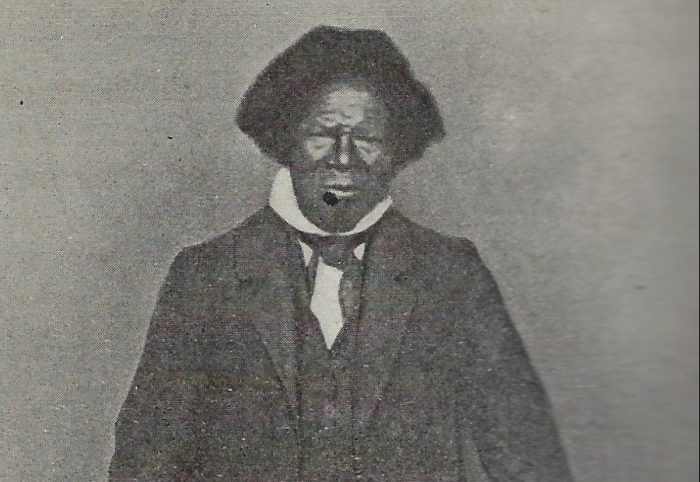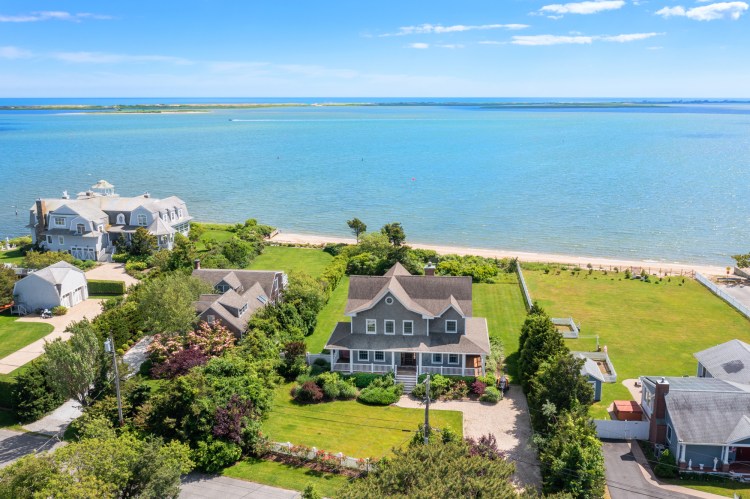On a wall high atop a busy manufacturing section at Sensaras, a high-tech company in Bohemia, sits a picture of the USS Thresher, a Navy nuclear submarine that sank early in the morning on April 10, 1963 off the coast of Cape Cod.
A total of 128 sailors and civilians were lost when the submarine sank in 1,300 feet of chilly water. The picture of the Thresher, then the Navy’s most powerful submarine, plays an important role at Sensaras. It is there, said the company’s Indian-born founder and chief executive, Glen D. Melder, to remind Sensaras’s 24 employees how critical their work is, and how important it is to test and check every item that goes out.
Sensaras, founded in 2013, is one of the nation’s leading manufacturers of ultrasonic liquid level sensors. The sensors can be used in every industry where it is necessary to detect the level of liquids or air.
For example, when a crew raises a submarine to the surface, it is filled with air. The sensor tells the level of air in the submarine, and whether there is enough to raise the ship, or more is needed.
In the medical industry, sensors are used in infusion pumps that look for air bubbles in tubes that are connected to a patient. A failure to detect such a bubble could result in serious injury or even death.
Sensors are used also to monitor the level of wastewater, sludge, chemical, oil, petroleum. The advantage of ultrasonic level sensors is that the device does not depend on moving parts or viscosity of the media.
Melder, a professorial-looking man who was born in Kolar Gold Fields, a tiny gold-mining town in India, came to Long Island in 1986, where he had a grandmother. He attended what is now Farmingdale State College, where he held three part-time jobs to help support his family.
He left to work for a Hauppauge company called Sensall, which later moved to Chicago. The employees, including Melder, did not move with it. He later worked for another tech company, Cosense, which moved to Virginia. He had hired a number of employees at that company and again decided not to leave Long Island.
With $75,000 in cash and six employees, Medler started Sensaras, which in Hindi stands for sensor.
“I am here all of the time,” Melder said. “I am here Saturdays and Sundays. There is great talent here. We feel there is always a way to do things.”
The privately-held company now has sales of about $10 million, Melder told the Press.
About 70% of the company’s work is in the semiconductor industry. About 35% is military.
The company, now in a 7,200-square foot building just south of Long Island MacArthur Airport, is hoping to move to a 30,000-square foot space nearby in Bohemia. For such a move, Sensaras is seeking financial aid from the State Department of Economic Development and has been talking to local state senators to obtain their support.
Sensaras wants about 10% of the approximately $7 million that a new building would cost. It would be hiring additional people.
Navigating the way to state funding is always a challenge.
“It’s a beautiful problem to have,” said Emily Poetker, Sensara’s chief financial officer, who came up from Florida for the job.
Melder met with New York State Sen. Alexis Weik (R- Bohemia). “I am proud to have them in my district,” Weik told the Press. She declined to comment further, citing the privacy of her talks.
Jamie Moore, president of Ignite Long Island, a consortium of manufacturers, knows Sensaras well.
“This is the type of home-grown manufacturer we are looking to invest in keeping on Long Island,” Moore said. “They have built a very strong business here.”




